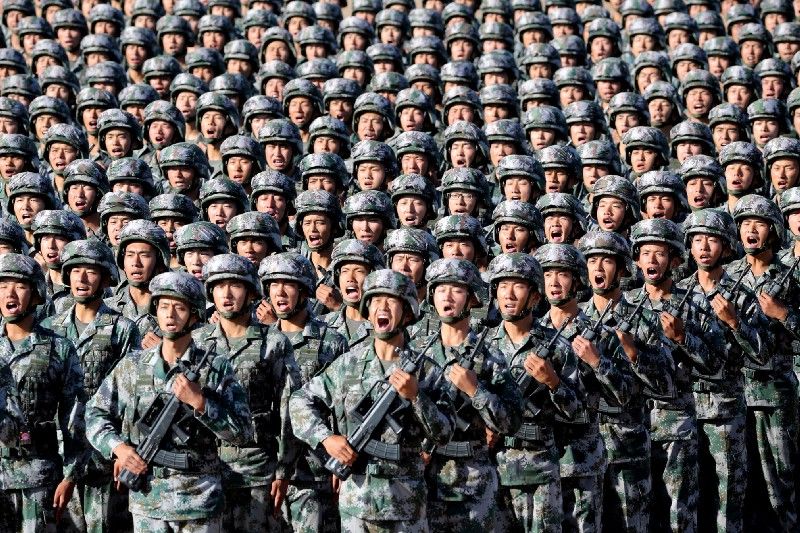Human Rights Watch published a report this week that accuses the Chinese government of secretly creating a database that catalogs iris scans and blood types of everyone aged 12–65 in Xinjiang province, home to more than 10 million Muslims, mainly ethnic Uighurs. Information is reportedly collected via government-provided medical checkups. It’s not clear how many people know their identities are being recorded in this way or whether participation is strictly voluntary.
This is not just a story about China and its Muslim minority. Biometric identification will become a bigger part of all our lives in coming years. There are many ways in which biometric ID can improve and protect our lives, but this story reminds us that today’s tools can be used for new purposes tomorrow. In some cases, as in Xinjiang, their use is already cause for concern.
